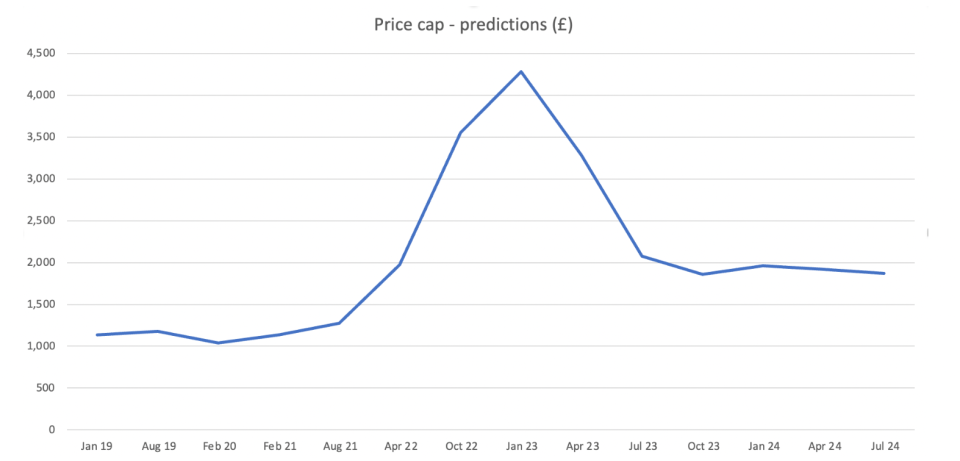More support with energy bills unlikely this winter, admits Grant Shapps

Grant Shapps has warned households are unlikely to receive fresh support from the government this winter for their energy bills, despite the price cap still being double pre-crisis levels.
Energy secretary Grant Shapps revealed the government will instead prioritise cutting taxes once inflation had fallen, and raised doubts over their ability to sustain funding for support packages for households and businesses.
“We don’t want to be in a position… of having to constantly pay energy bills. We’re having to tax people in order to pay it back to people… that money doesn’t come from nowhere,” he said, in an interview with The Sunday Times.
“We absolutely need to show that we understand the future for people in this country is to be a lower-taxed economy. Absolutely it’s in our DNA, in our heart, it’s in the Prime Minister’s heart as well.”
The government helped tide over households with the Energy Price Guarantee last winter which concluded in July this year, subsidising bills at an average rate of £2,500 per year.
A separate support scheme that paid about £400 per household from October last year unveiled by then chancellor Rishi Sunak, additionally came to an end last month.
It also confirmed support packages for business including the Energy Bill Relief Scheme, and the later watered-down Energy Bill Discount Scheme, which have since also ran their course.
Shapps’s remarks come after the Bank of England raised interest rates for the 14th consecutive time to 5.25 per cent, while warning businesses and households that the cost of borrowing would remain high for at least the next two years.
Energy bill pain: Price cap stays high this winter
Cornwall Insight expects the price cap to remain near double conventional levels following the domestic energy market crisis and Russia’s invasion of Ukraine until as late as next winter.
It predicts the mechanism, currently set at £2,074 per year by regulator Ofgem, will drop to £1,861 per year in October, reflecting falling gas prices this year.
Following this initial dip, the cap will then rise to around £1,960 in January 2023 before experiencing small decreases in the April and July updates.
Dr Craig Lowrey, principal consultant at Cornwall Insight, has argued that it is “imperative” the government and the wider industry provide more financial relief for customers struggling to pay bills over the coming months.

“This includes options to provide targeted support to the most vulnerable while promoting flexible energy solutions that encourage efficient energy usage,” he said.
Meanwhile, Bill Bullen, chief executive of Utilita Energy, has called on the government to fund £6bn of support for low-income households through scrapping legacy renewable contracts.
He estimates 10m households will need as much a £600 per year in support this winter.
“We are going to see a bigger problem with affordability this winter than we had last year,” he told City A.M.
Greg Jackson also urged the industry and government to work together to do everything they can to “again support people”.
Speaking to City A.M. in June, he said: “I think because there’s less government support available for customers in the coming winter than there had been in the previous one, there’s every chance that a lot households are not going to be ready for it and may not be able to cope.”